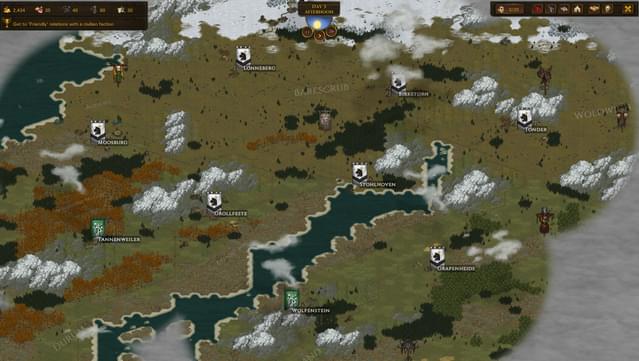

I'm slowly building my ultimate Leica set for DSLR. Link: Episode 43: Nikkor Lens Guide – Adapting Nikon to Canon and Other Camera Mounts - DSLR Video Shooter B&H is also a good place for used lenses, but if you're careful, eBay can be a steal.
Sharpest vintage lens full#
Lenses can vary from sample to sample, but on full frame and for sharpness, bokeh, and color temperature, these have been my favorite lenses for shooting video: the Nikon 28mm 2.8 AIS (obviously slower than the 24mm or 28mm F/2, but I think it's sharper), Nikon 50mm 1.2 AIS, and the Nikon 85mm 1.4 (my favorite of any lens I've ever used - sharp as could be and buttery smooth bokeh).
Sharpest vintage lens manual#
The manual focus/manual iris Nikons are a sound investment over the long term, because at worst you need a cheap, dumb-mount adapter to make them work on your camera, and at best you're using them to shoot video on a Nikon DSLR. Camera bodies obsolete rather quickly, but if you take care of these lenses, they might just outlive you. Your own mileage may very, and many people certainly have personal preferences to specific brands - but if you have $1000 to spend, there isn't a sharper, faster, or more compatible lens brand money can buy. The Nikon lenses can be easily modded to remove the hard stops in the iris, and add focus gears for a follow focus (many of which have reversing gears which allow you to make the Nikons focus the "correct" way). They might be a little more uniform in color output (though cooler than the Nikons, if that's your thing) and lens size consistency, but if you're on a budget, the equivalent Zeiss lens can be almost twice as expensive (this also applies to used lenses). The Zeiss ZF lenses (also manual focus and iris) are much more expensive. When you consider that the fastest autofocus lenses can cost as much as $2000 or more, are almost useless for video, and the manual Nikons can be just as sharp and contrasty, it's a steal. The AI and AIS Nikons range from $100-$700, but a good set of 3-4 fast lenses can be had for around $1000. However, when I do use other lenses, like Canons or Fujinons, it does take a little while to readjust myself. In my experience, it's always been intuitive to me to focus using Nikon lenses, because I'm either behind the camera or on the left of the camera - so when I want to focus closely I pull towards me and when I want to focus farther I pull away from me. This is about the only deal-breaker that I can think of for these lenses. It's true that these lenses focus backwards compared to almost every other lens ever made - if you're standing in front of the lens staring at the glass, the focus ring turns clockwise to focus more closely and counter-clockwise to focus farther away. It's not even just sharpness, but flare resistance and less chromatic aberration more than make up for the extra money you'll spend with the AI and AIS lenses (especially if you can find a good deal on the AIS lenses). In terms of optical quality they are leagues different (this is from personal experience). It's true that there are plenty of them and they can be had for cheap (and quality is decent, especially stopped down), but if you're spending over $50 per lens don't get anything less than AI or AIS Nikon lenses. The only thing I'd say different than Caleb is that I would stay away from the NON-AI Nikon lenses (and even some of the AI ones). Seriously - these lenses work on so many cameras it's scary, so they are extremely good investments and they cover all image circles up to and including full frame 35mm.

So why do I recommend them to any filmmaker on a budget? Many reasons, but specifically they are some of the sharpest, fastest, most durable, and most compatible lenses you can buy for the money. I've been thinking of doing a video Nikon lens guide since I own so many, but Caleb said just about everything I could ever think to say. Just to clarify before going further, Nikkor is just the name Nikon uses for their highest performing lenses - but I still usually just refer to them as Nikons (if it doesn't say Nikkor it's probably a budget lens - so quality can vary).


 0 kommentar(er)
0 kommentar(er)
